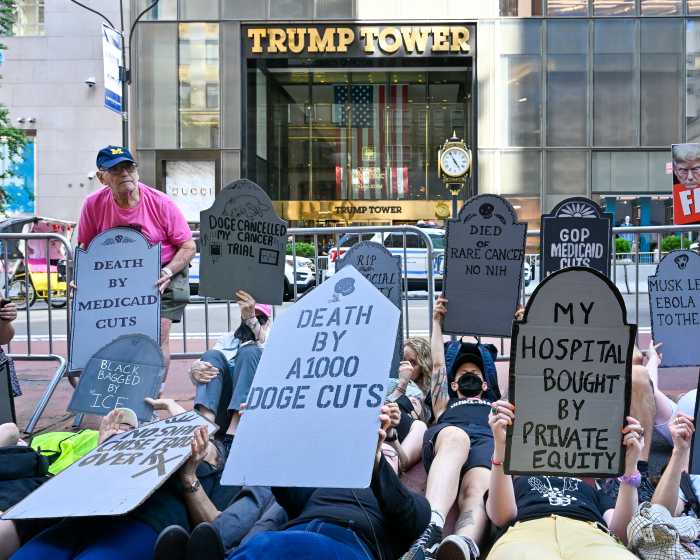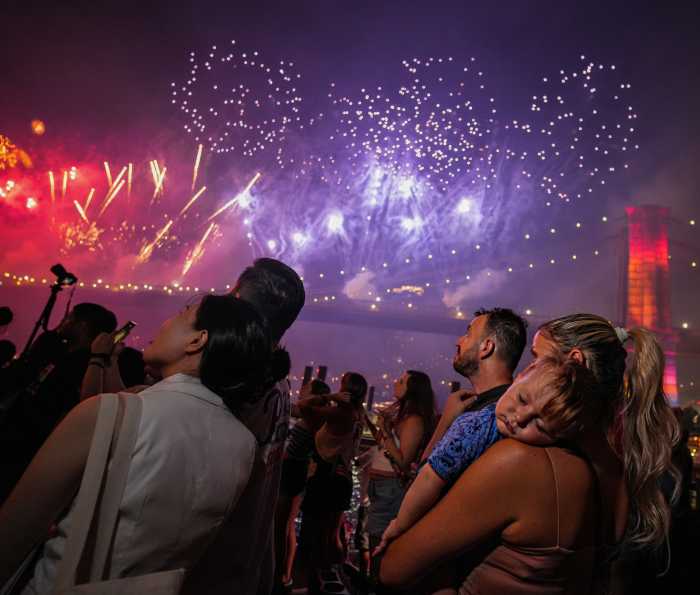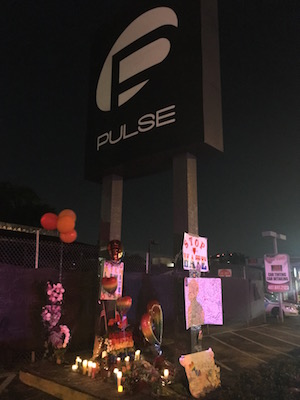
BY CHRISTOPHER STULTS, MS, LMHC | I’ve had a love-hate relationship with Orlando. After being forced to move there during my freshman year of high school in 1998, I couldn’t wait to get the hell out. Coming from South Florida, with dreams of moving to New York City, Orlando felt too small and homogeneous to me. And yet, if home is where your family is, and if home is where you came of age, then Orlando is home to me. Thus, the recent massacre at Orlando’s Pulse nightclub hit very close to home.
Prior to being turned into gay club, Pulse was a music venue and restaurant called Dante’s. I had a rock band in high school and we played Dante’s several times before it changed ownership. I sang John Lennon’s “Happy Xmas (War Is Over)” with one of my best friends on the stage that would later be used by drag queens and go-go boys.
When Pulse opened for business in July of 2004, I was beginning the process of coming out. It was a chic, modern nightclub that attracted a diverse crowd. It was divided into four spaces: a dance floor, a lounge, an outdoor patio, and a bar with a stage. One night, a friend and I were getting ready to go “Downtown” — a vague term that belied our true destination. My little sister, who usually had plans on a Saturday night, was absolutely insistent that she should come with us. She nagged me as we got ready and eventually wore me down. I told her, “You can come along, but there’s something you need to know: I’m gay. We’re going to a gay bar called Pulse. And if you’re okay with that, you’re welcome to come with us.” She was momentarily stunned, but she quickly shook it off, gave me a big hug, and put on her favorite outfit. That night, my little sister, my friend and I danced our faces off. We laughed, drank, and bonded in a way that we hadn’t before.
On another occasion, I went to Pulse with a new boyfriend (now my partner of nearly 10 years) and my friend Chris, a rising football coach. Like most of the straight guys I know from Orlando, Chris had never been to a gay bar before. Having recently come out to him, he was enthusiastic to go to Pulse with me, in order to show his support and acceptance. With a go-go boy dancing on the bar above us, we were surprised to see that our bartender was a friend from high school. We laughed at the circumstances surrounding our reunion and enjoyed catching up.
Vibrant people drinking and dancing with family, and reuniting with friends; sharing laughter and feelings of acceptance, validation, and love; this is what Pulse was, and is, for so many people — and now, it is also the scene of America’s deadliest mass shooting.
Hours after the attack, Angie, the same friend who I shared Pulse’s stage with so many years ago came to visit me in New York City, where I now live. When she arrived at Penn Station, we hugged each other and shared our reactions of shock, grief, and anger. She worriedly called home to Orlando to try to reach her friends, not knowing if they had gone out the night before. Later that day, craving some sense of normalcy, we did what my partner and I often do on Sunday afternoons: tried our luck at Drag Bingo at Pieces in the West Village. Nearby, people and news crews began gathering in front of the Stonewall Inn. Like them, I was sad, angry, and afraid in a way I haven’t felt since 9/11.
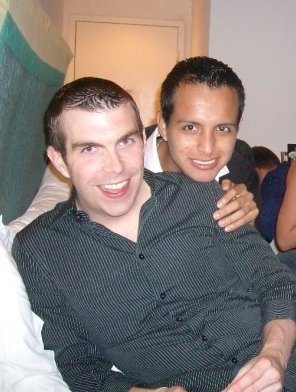
Following the weekend’s horrific events, I returned to work at NYU’s Center for Health, Identity, Behavior, and Prevention Studies (CHIBPS), a research center focused on the health of LGBTQ people. We held a debriefing meeting where we shared our reactions to the attack, and brainstormed about ways we could help. We recognized how important it was to capture the experiences of LGBTQ people during this emotional time. Energized by the opportunity to potentially contribute something helpful, my colleague and I set about creating survey items to measure the collective trauma and resilience in response to the attack among the participants in our ongoing study. We began collecting data on June 15, with plans to roll out the same survey to a wider sample in the coming weeks.
My partner and I are in the process of painting our new apartment. As new homeowners, we are experiencing the familiar joys and stressors of nesting. As we went about the monotonous task of rolling paint onto discolored walls in the days following the Pulse massacre, I thought about those young people who were killed. This is it? This is what they were killed for? Because they wanted to find someone nice, fall in love, move in together, and spend their weekends arguing over paint colors, just like their straight friends — this is what they were killed for? This is what the killer was so hateful of?
There has also been an evolving narrative, particularly on social media, about what causes such atrocities and how to address it. The debate is often one that implies a false choice. Some argue that anti-LGBTQ beliefs are to blame. Others cite lax gun control laws across the nation. Many make this an argument about jihadism, the threat of global terrorism, and the state of mental healthcare in this country. I believe, as President Obama intimated the day after the attack, that it’s not any one of these factors, but rather, all of the above.
To address these concerns, it is important to consider what we as a nation have some control over. Though it may be impossible to completely root out homophobia and transphobia, it is possible to enact policies that foster a more accepting climate for LGBTQ people and put an end to bigotry and hostility. This is why it was so important to strive toward marriage equality and the repeal of the military’s “Don’t Ask, Don’t Tell” policy. This is also why it is vital that we support anti-discrimination laws and prevent discriminatory policies, including the recent controversial bathroom bans, from being enacted. No single policy can ever be a silver bullet against anti-LGBTQ sentiment in this country, but taken together, they can lead to a more accepting and inclusive American society.
Second, reasonable gun control laws can lead to less gun violence. Research examining suicide and homicide suggests that common sense barriers to access (e.g., “no fly, no buy” laws, closing gun show and online loopholes) may be one of our most effective tools in reducing self- or other-directed violence. While no single law can prevent an extremely motivated individual from acquiring means to inflict casualties, the preponderance of evidence suggests that making access harder may prevent many unnecessary deaths.
Third, many opponents to gun control laws cite mental health as the primary driver of these attacks. As a licensed mental health counselor, I wholeheartedly agree that only disturbed, often radicalized, individuals could carry out such atrocities. I also agree that we should expand access to and availability of affordable mental health services. However, it is important to keep in mind that mental health professionals are already mandated reporters. As such, we are obligated to report if a patient states imminent plans to do harm to others. Clients are typically aware of this responsibility. Thus, it is likely that most people who intend to carry out such acts of violence will either not be honest in therapy or will not be in therapy in the first place.
Finally, the role of extremism in all its forms is undeniable and should not be underestimated. Rather than vilifying groups of people based on their religion, ethnicity, or other sociopolitical characteristics, it is vital that we work with our partners in all communities to help identify and divert potential bad actors before they commit such atrocities. If we stigmatize particular groups of people, we risk alienating them and creating something of a chilling effect, whereby people who have an opportunity to intervene before something terrible happens are discouraged from doing so out of fear or threats to their livelihood.
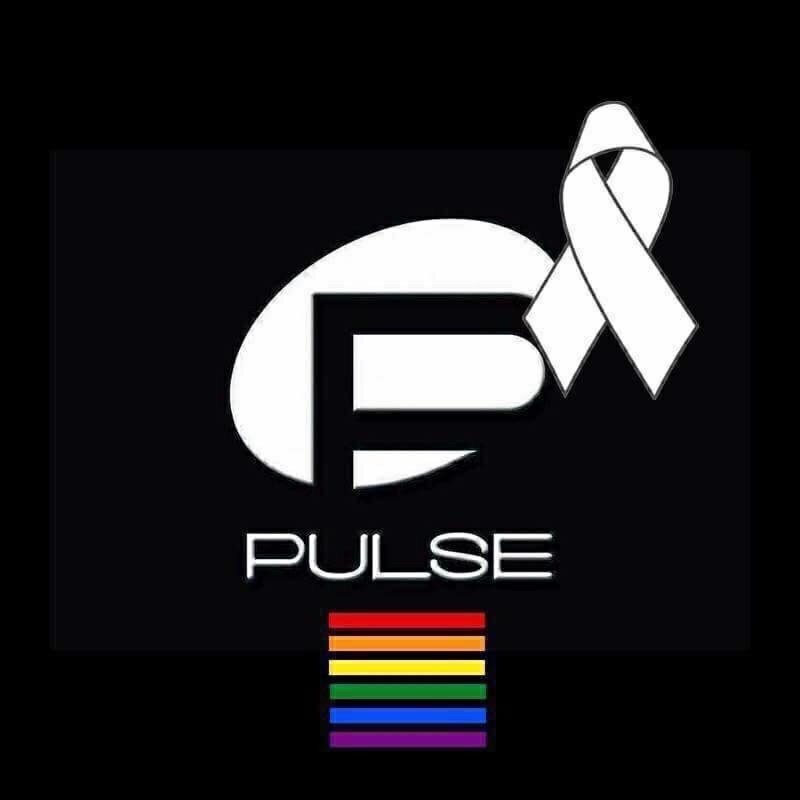
Upon reflecting on the Orlando shooting, it occurs to me that the resultant anxiety I’m experiencing is what members of other marginalized groups have felt for generations. Many people of color, and Black Americans in particular, were traumatized following the massacre that took place in Charleston last year, regardless of their proximity to South Carolina. Therefore, given the widespread direct and indirect damage these types of attacks inflict, it is essential that we mobilize our communities and advocate for change in this country.
It is morally reprehensible to stand idly by. Like many other marginalized communities in our country, if there is a community that has the requisite organizing ability, historical wisdom, resilience, and grit to take on the inertia of the status quo, it is the LGBTQ community. Our hard-won rights to marry and start families make it all the more incumbent upon us to protect our loved ones, so that we will not have to witness a tragedy like this again.
Christopher Stults is a Doctoral Candidate in Counseling Psychology and a Research Assistant at the Center for Health, Identity, Behavior, and Prevention Studies at New York University. He is also a Licensed Mental Health Counselor in independent practice in New York City (stultscounseling.com). For updates on the Orlando collective trauma and resilience survey, visit chibps.org.



